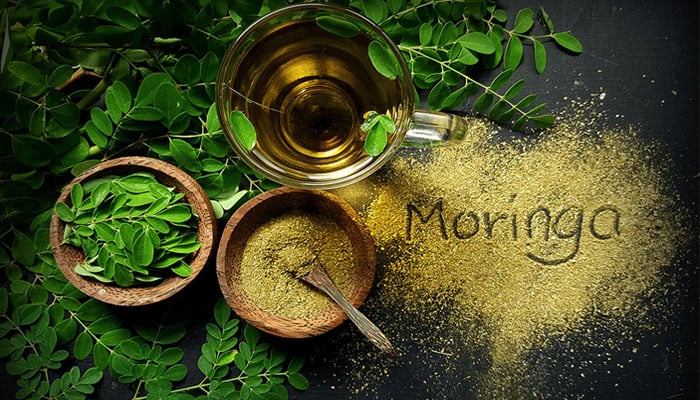Since moringa capsules and powder became trendy on social media, many people have started using them according to their preferences, which could be harmful to health.
Moringa is the name of a tree known for its health benefits and is also referred to as the “Doctor Tree.” Other names for it include “Oleifera” and “Sohanjna.”
The leaves of the moringa tree are rich in nutrition, which is why it is also called the “Miraculous Tree.”
According to herbal experts, it is essential to use moringa correctly to benefit from it. The leaves, branches, flowers, and pods are all considered highly beneficial for overall health.
However, experts suggest that not everyone should use moringa. It is essential to consult a doctor before starting its use.
Here are the groups of people who should avoid using moringa:
- Individuals with Kidney Diseases – Both men and women with kidney issues should refrain from using moringa.
- Women with Ovarian Endometrioma (Chocolate Cyst) – Women with cysts in the ovaries or uterus should avoid moringa powder.
- Women with Hormonal Imbalances – Those experiencing unbalanced hormones should not use moringa.
- Individuals with Cancer or Gallbladder Issues – People suffering from cancer or gallbladder diseases should avoid using moringa.
- Pregnant or Breastfeeding Women – While moringa leaves are generally safe to consume, pregnant or breastfeeding women should consult a healthcare professional before including moringa in their diet.
How to Use Moringa Correctly
Moringa leaves can be used in various ways. You can boil the leaves and drink the water or dry them to make powder.
Moringa leaves can also be used to make herbal tea, added to salads, or blended into smoothies or juices to combat nutrient deficiencies.
Moringa leaf powder can be taken in capsule or supplement form, which is readily available in the market.







